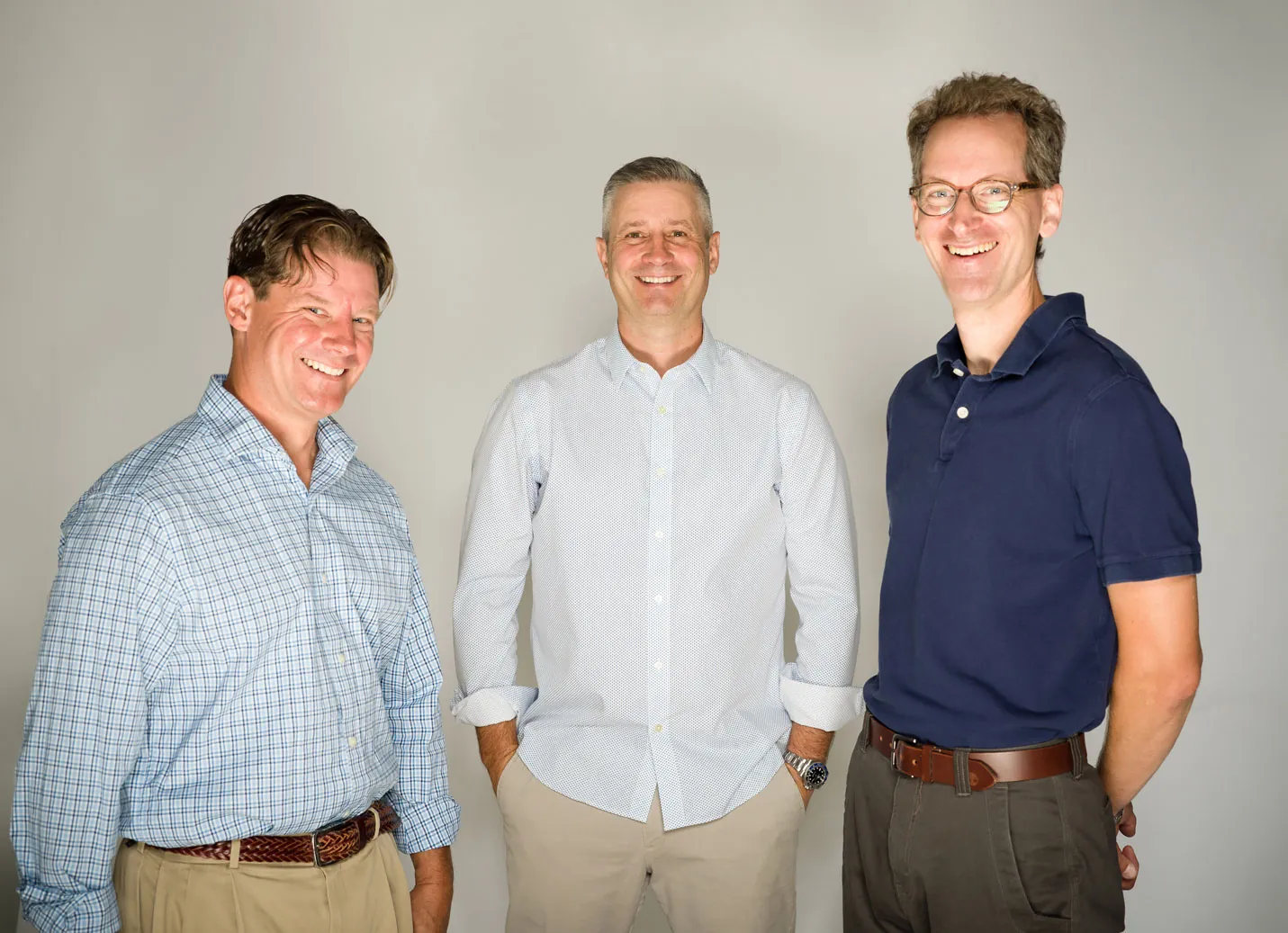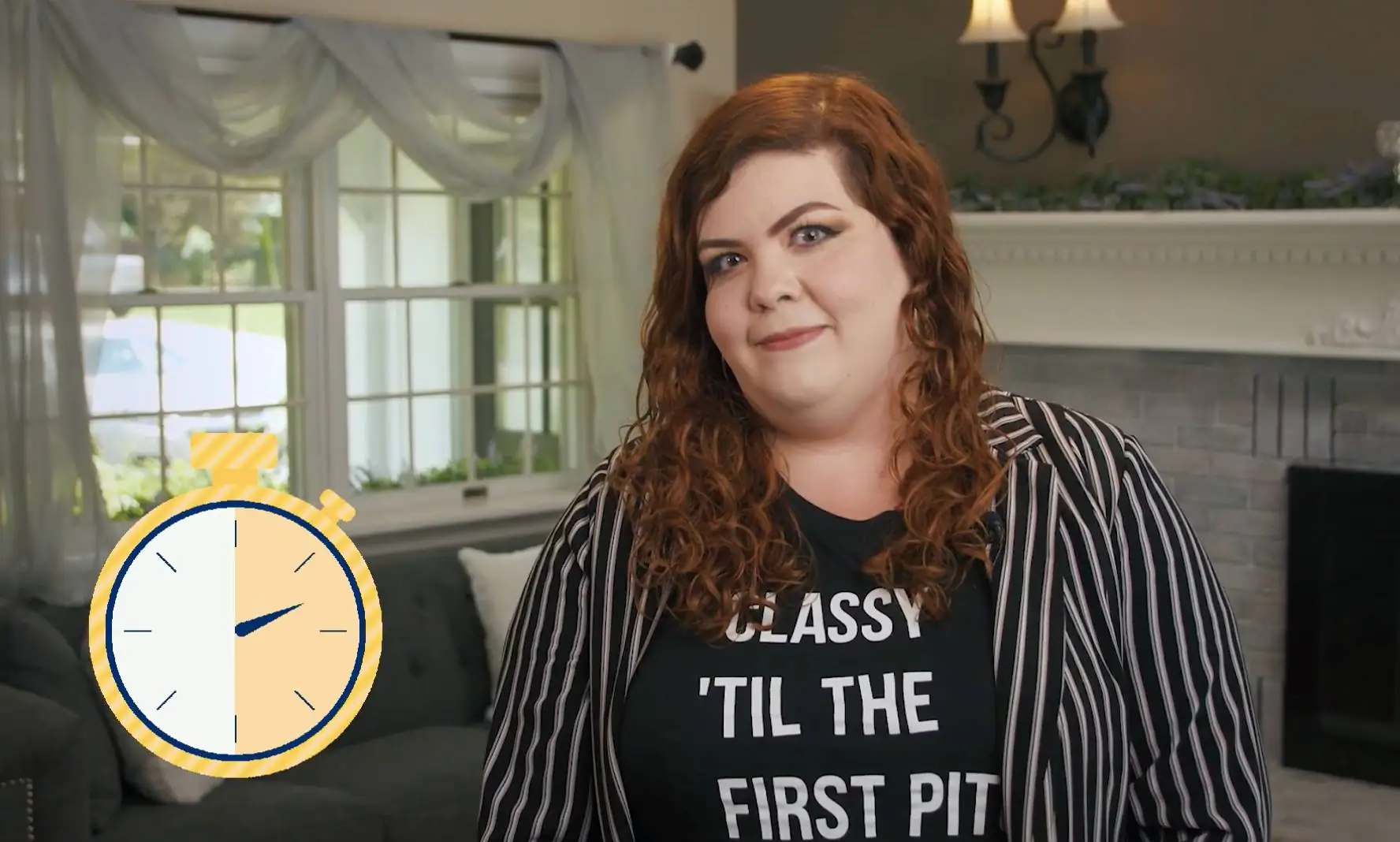Jet skis are fun…but loud. And dirty. According to CitzenSustainable, a three-hour jet ski ride could emit as much as 730 pounds of carbon dioxide.
So why would a committed environmentalist start a jet ski company? In the case of eSki founder Jack Duffy-Protentis, it’s because recreational vehicles (RVs) are the only ones he can operate. Legally blind since childhood, Jack rides with a partner behind him on the ski to keep him on course and avoid water traffic.

A self-described tinkerer (he started restoring a vintage Mustang when he was 10 years old), Jack majored in mechanical engineering at Worcester Polytechnic Institute. As he neared graduation, it occurred to him that electrifying RVs would solve all of his pesky environmental concerns. He looked around, but no one out there seemed to have come to the same conclusion. “I just decided I’d make this my job,” says Jack. ”I was 23 with no wife, no kids and no mortgage, so I could keep eating ramen dinners and see how long I’d last.”
While Jack’s ultimate goal is to electrify all RVs, it turned out that jet skis were the best place to start.” Unlike motorboats, which would take a half day to recharge with current battery technology, an electric jet ski can recharge in 45 minutes—the average length of a jet ski ride. Non-polluting and nearly noiseless, eSkis also perform better. Their near-instant throttle reaction gets them onto the water’s surface and up to top speed much faster than traditional jet skis. Now his company’s on the verge of producing its first eSki prototype. “The design, wiring and schematics are all done. We just need investors to fund a couple of beta units to share with prospective customers.”
Jack founded eSki in 2021. Now he and his colleagues are competing with four other start-ups to win $40,000 in this year’s Berkshire Sustainability Challenge. BSC is sponsored by the Massachusetts Founders Network and funded by the Massachusetts Clean Energy Center.
Having previously competed against some 140 contestants in the MassChallenge, Jack appreciates BSC’s intimate approach. “It’s more hands-on, easier to get feedback and much easier for BSC leaders to look out for us.” Beyond one-on-one mentorship with an industry specialist and with BSC coordinator Elizabeth Nelson, Jack has enjoyed and learned from fellow BSC candidates. Is it odd to be workshopping with other contenders for the same prize? Not at all. “We’re all working on such different products that we’re not competitors in the traditional sense,” says Jack. “Any startup with large growth potential faces the same challenges regardless of what they’re up to, so it’s great to share experiences and questions.”
Throughout the BSC process, Jack’s learned a lot about financial documents—and even more about how to keep an open mind to pivoting as his understanding of prospective customers has grown. “We’ve now honed in on the rental market. Rental companies want to keep their entire fleet on the water at all times. Our hot swapping battery system will enable them to do so as one battery can charge while the other’s out on the water.” eSkis are also much cheaper to operate—around $4.50 in electricity per hour vs. $40 in regular fuel. And they last a lot longer. “Traditional jet skis usually wear out well before 450 hours of use,” says Jack. “Ours will last up to 1,000 hours.”
No wonder eSki received 120 letters of interest from rental companies.
Are you working to find community and opportunity as a Massachusetts startup founder? Join MFN and get access to experts, networking opportunities, and connections within the statewide entrepreneur ecosystem.



